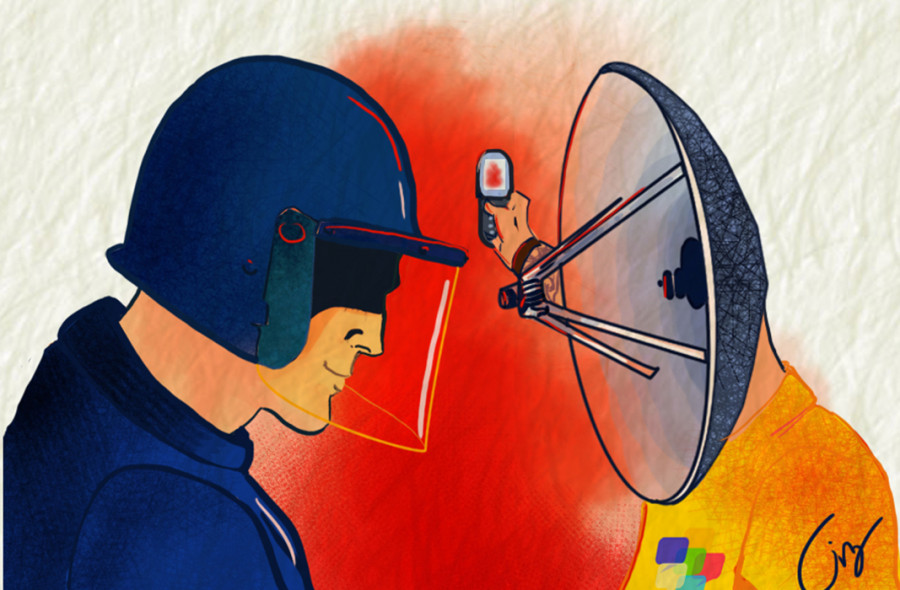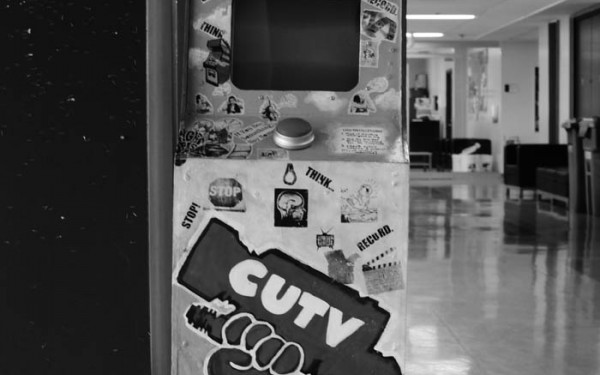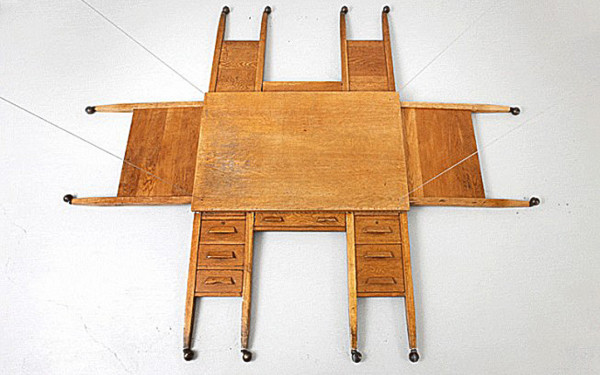Rabbling On
Pros and Cons of Citizen Journalism
In 1998, Judy Rebick posted an editorial denouncing the Kosovo War on the CBC’s newly launched website.
The response Rebick’s post received sparked a revolution for media democracy in Canada. Within hours, email began pouring into her inbox from around the world. Rebick’s editorial started a conversation with readers that inspired her to create a forum for citizens to interact with media in a way that had previously been impossible.
“Around the time of the [editorial], I had been raising money to start a left-wing newspaper,” said Rebick. “We had put together about $1 million and needed about four times that amount […] but when I started getting these emails I was just stunned. The emails were insightful and intelligent; they were taking issue with what I wrote or agreeing. That’s when I thought that the Internet would be a perfect medium.”
In April 2001, Rebick co-founded Rabble.ca, a site where both professional and citizen journalists can post news articles and participate in politically-themed forums.
“The independent media sites at the time were difficult to navigate, the quality was poor, you couldn’t really find anything unless you were an activist yourself,” said Rebick. “I wanted to make a professional news site with a different perspective.”
Rabble.ca launched during the Summit of the Americas in Quebec City.
Rebick provided street-level coverage of the protests, but it was an unexpected run-in with the law that would help Rabble.ca’s popularity explode.
Before the protests, Rebick raised money to build a catapult that would launch teddy bears at riot police. After the catapult was used during the Quebec City demonstrations, police arrested Montreal-based activist Jaggi Singh on weapons possession charges.
“It was just a stage prop,” said Rebick of the stuffed-animal-launching contraption. “[But] something I had done got [Singh] arrested so we started a campaign to free him. That really helped the website take off.”
Rabble.ca has since provided reporting on national and international events with the help of citizen journalists worldwide, often covering the stories that slip through the fingers of mainstream press.
Stefan Christoff bought a ticket to the Philippines in May to partake in the People’s International Observers Mission, a watch group that reported on political violence and human rights abuses occurring during the Southeast Asian country’s elections. He spent his time working with community groups and documenting government-sanctioned violence but also filing stories for Rabble.ca. His articles provided a perspective on the election that had largely gone unreported by western media.
“There’s a whole new emergence of the way people interact with media and the way they perceive it,” said Christoff.
“People don’t think of the news as something that happens in a glass tower anymore. The mainstream media is scrambling to keep up with what’s happening on the street level, what’s happening online. The only people who can are the ones that are making things happen: youth, students, artists, and diverse community members.
“The mainstream media is scrambling to keep up with what’s happening on the street level.”
-Stefan Christoff,
activist and citizen journalist
These people have been under-represented in the media for sometime and now you have this dynamic where the mainstream media is attempting to bring into the fold and co-opt some of the elements of citizen journalism that have emerged, but I don’t think they’re doing it fast enough.”
Members of traditional media outlets have criticized the kind of citizen journalism Christoff practices, alleging that unpaid, untrained citizens cannot do the work of a journalist and that amateur reporters cannot deal with some of the ethical dilemmas that come with reporting news.
Katherine Sedgwick is an assistant managing editor at The Montreal Gazette. The newspaper has been incorporating citizen journalism through an online and print publication of The West Island Gazette, where people are free to post photos, articles, free classified ads and blogs about subjects that interest them. Although Sedgwick is generally enthusiastic about citizen journalism, she has some reservations.
“[Citizen journalism] is good for democracy, it’s a good way to undermine totalitarianism and the people who don’t want information to get out there,” said Sedgwick. “The weakness of citizen journalism is that these people aren’t journalists […] and the quality of what they produce isn’t always all that great.
“But if you look at something like the Iranian election,” she continued, “citizen journalism gave us a sense of what was happening on the ground. The video of that woman being killed, whether you call the man who took it a journalist or just someone with a camera phone, what’s more powerful than that?”
This article originally appeared in Volume 31, Issue 10, published October 19, 2010.







